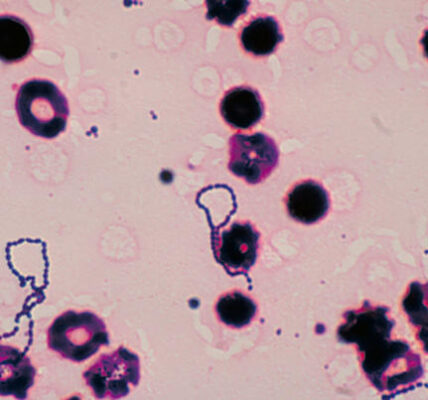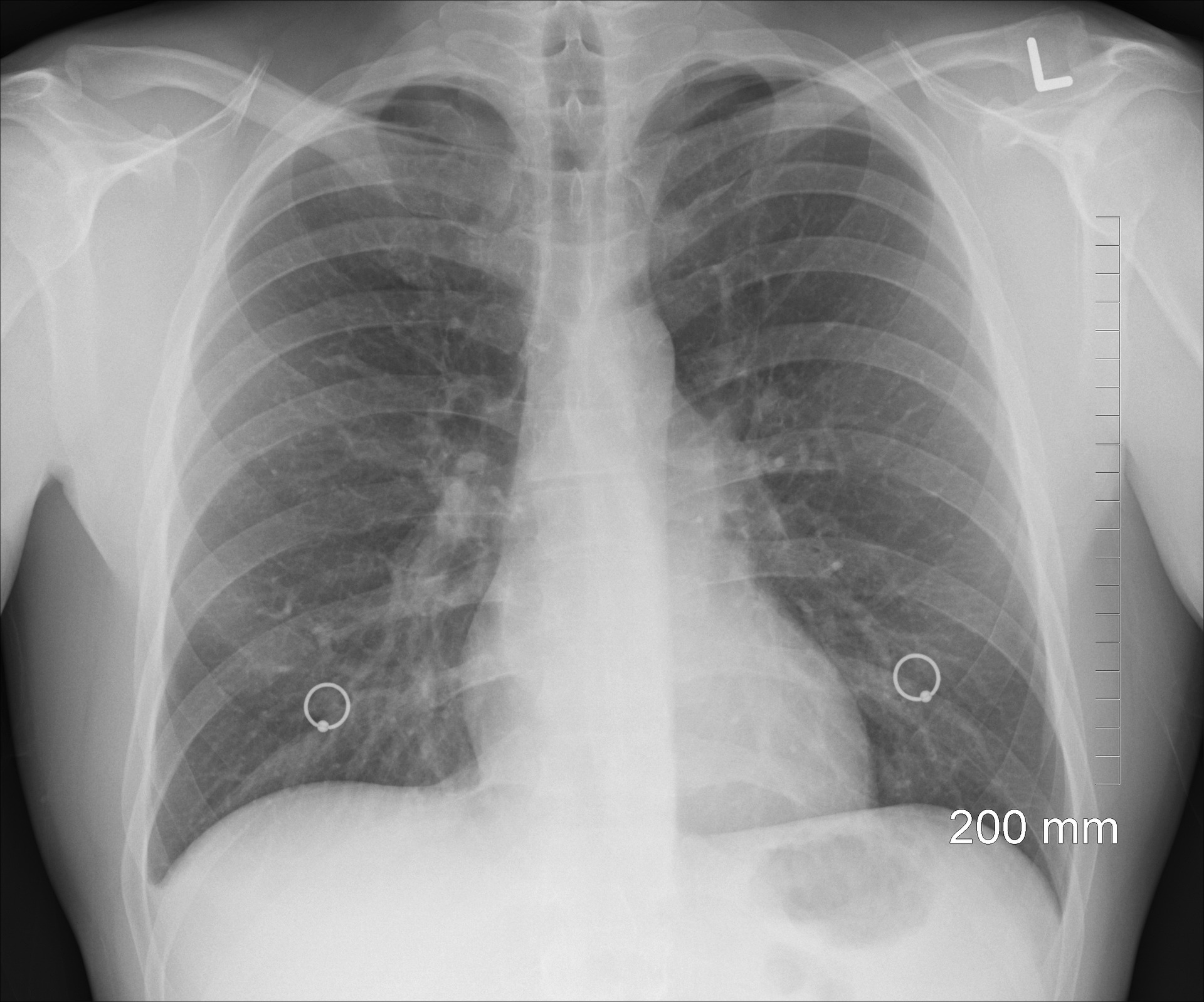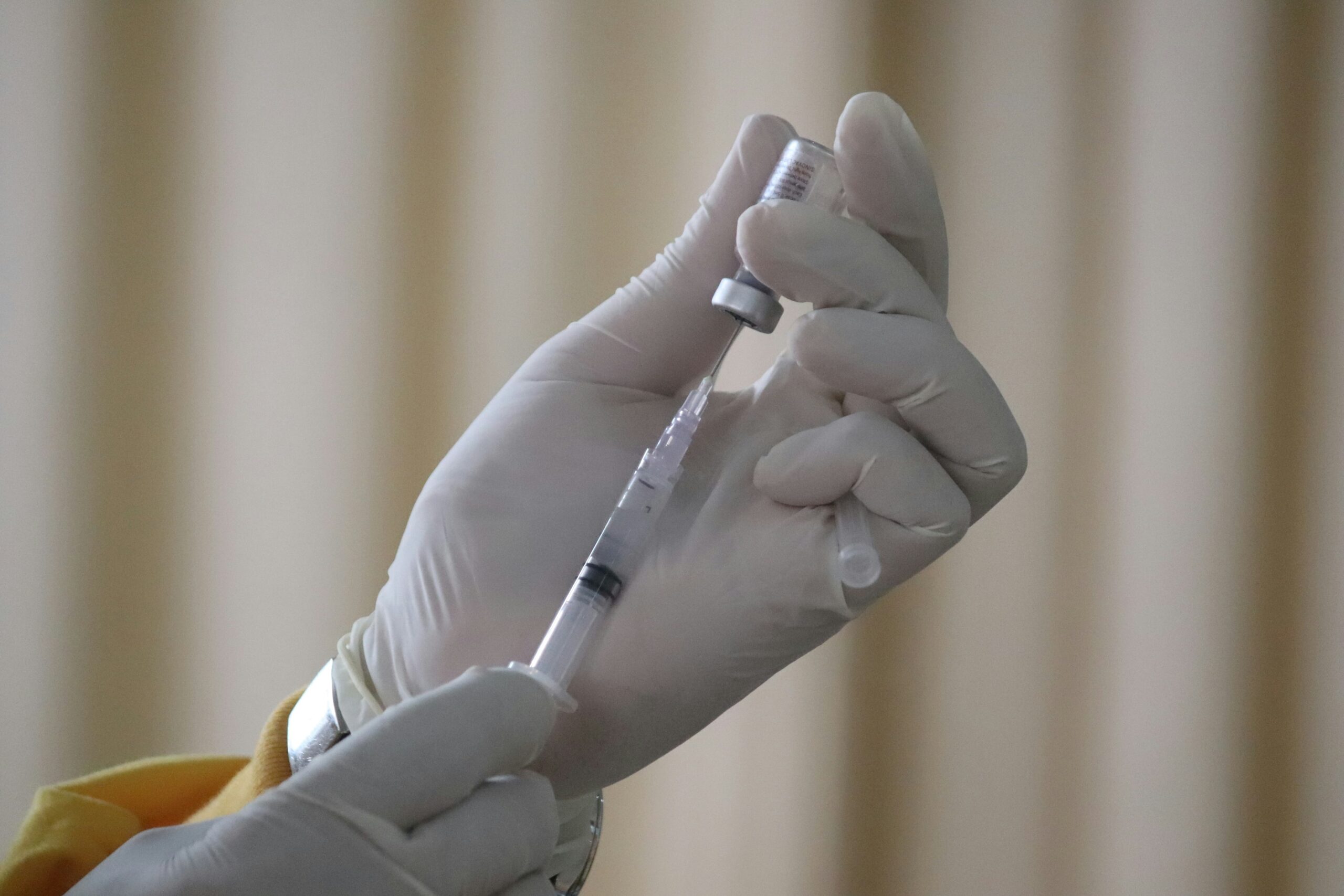CMV and Autism Link: Uncovering a Hidden Connection
Discover the CMV and autism link, a study revealing how a common virus in newborns could increase the risk of developing autism. Learn about the implications, current screening practices, and potential preventive measures.

© Provided by Daily Mail
Introduction
CMV and autism link is a critical area of study revealing how a common virus in newborns may significantly increase the risk of developing autism. Recent research has found that babies born with cytomegalovirus (CMV) are two-and-a-half times more likely to be diagnosed with autism compared to those without the virus. This finding highlights the urgent need for awareness and potential changes in screening practices to better support affected families.
What is CMV?
CMV, or cytomegalovirus, is a common virus that often resembles a harmless cold. It affects about one in every 200 babies and is the most frequent infection present at birth in the United States. Despite its prevalence, doctors in the US do not routinely screen for CMV, which can be transmitted from pregnant women to their fetuses during pregnancy.
A Pediatrician’s Personal Experience
Dr. Megan Pesch, the lead author of the study and a pediatrician at the University of Michigan, has a personal connection to the CMV and autism link. Her daughter was born with CMV and later diagnosed with autism, even though she appeared perfectly healthy at birth. Dr. Pesch’s experience drives her passion for raising awareness about the virus and advocating for routine screening during pregnancy, as practiced in other countries.
The Impact on Fetal Brain Development
The study suggests that CMV may cause inflammation in the fetal brain, potentially disrupting its development. This inflammation could be a key factor in the increased likelihood of autism among children born with CMV. Understanding the CMV and autism link is crucial for developing better support systems for affected families and exploring preventive measures.
Current Knowledge and Further Research
While the exact causes of autism are not fully understood, it is believed that genetics, injury, and environmental factors all play roles. Autism is characterized by challenges in social interaction, communication, and learning. Common symptoms include sensitivity to noise, difficulty interpreting social cues, and delayed language skills. Most children with autism are diagnosed after age three, according to the National Institutes of Health (NIH).
Challenges in Diagnosis and Transmission
CMV often goes undiagnosed because it is relatively harmless and frequently asymptomatic. Dr. Pesch noted that up to 90% of CMV cases at birth may not be detected. The virus is commonly spread through contact with the saliva of an infected person, making it particularly prevalent among toddlers. Pregnant women and their partners are advised to practice good hygiene and avoid contact with toddler saliva when they are unwell.
Long-Term Health Effects
While many cases of CMV are mild, about 20% of affected newborns can develop serious health issues such as epilepsy, hearing loss, or cerebral palsy. The study, published in the Journal of the American Academy of Pediatrics, revealed that baby girls born with CMV were over four-and-a-half times more likely to develop autism than those without the virus. Boys born with CMV were twice as likely to develop autism.
Treatment and Prevention Strategies
In the US, treatment options for CMV are limited and generally reserved for those with weakened immune systems or newborns. Antiviral medications, similar to those used for treating genital herpes, are commonly administered in other countries during pregnancy. Dr. Pesch advocates for earlier screening for CMV during pregnancy or at birth to potentially prevent the virus from harming the child’s brain.
The Need for Policy Changes and Support
Some states, such as Connecticut, Florida, and Kentucky, have already implemented newborn CMV screening programs. Dr. Pesch hopes the rest of the US will follow Canada’s lead in implementing pre-birth CMV screenings. Early detection could provide families with crucial support and resources, helping children with autism develop language and navigate the world more effectively.
Conclusion
Understanding the CMV and autism link is essential for developing effective prevention and support strategies. Raising awareness about CMV and advocating for policy changes to implement routine screening during pregnancy or at birth could significantly impact the lives of many families.
ALSO READ:
Dark Fungi: 7 Terrifying Secrets You Need to Know



